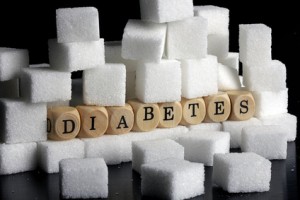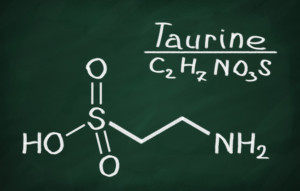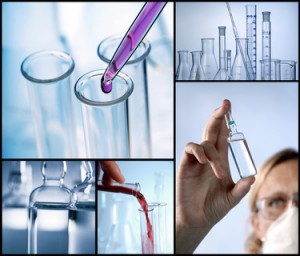Contents
What is taurine?
Taurine is a substance similar to amino acids, which does not actually contribute to building proteins. In its free form it is most commonly found in the nervous system, blood platelets and muscles.
The liver can partially produce taurine from L-Methionine or L-Cysteine in combination with vitamin B6. A diet low in taurine can easily cause symptoms of deficiency because of the body’s own poor ability to produce it.
Functions of taurine in the body
Taurine is an effective antioxidant, which aids in the detoxification of the body by retaining drugs and poisons in the liver.
It neutralises free radicals and protects essential fatty acids and cell walls from oxidation and wastage.
In addition to this taurine plays an important role in human growth, especially the development of the brain and eyes.
It is also a part of the hormone metabolism and can stimulate the production of prolactin and insulin.
Benefits of taurine
Diabetes Mellitus
 Diabetics have low taurine levels, both in the thrombocytes as well as the blood plasma. They also often have a high level of thrombocyte aggregation. Taurine supplements help to normalise the thrombocytes by reducing their total amount and additional aggregation.
Diabetics have low taurine levels, both in the thrombocytes as well as the blood plasma. They also often have a high level of thrombocyte aggregation. Taurine supplements help to normalise the thrombocytes by reducing their total amount and additional aggregation.
It has also been found that taurine supplementation can reduce or delay late sequelae of diabetes 1.
Eye diseases
The photoreceptors in the eye’s retina have the highest concentration of taurine in the human body. Animal tests have shown that emptying the taurine stores in the retina leads to the degeneration of photoreceptors.
Therefore taurine supplementation is often recommended in cases of senile cataracts and macular degeneration (AMD). AMD affects older adults and results in vision loss in the centre of the visual field 2.
Male fertility
The movement and quantity of sperm in the male ejaculate has significantly reduced over the last 50 years. Today, more than 15% of all couples are not able to conceive and in 60% of cases the male contributes to the cause.
The statistically shrinking count and motility of male sperm can be counteracted by various minerals including taurine.
A study has shown a significant correlation between fertility indicated by sperm movement and the concentration of taurine in the ejaculate. The higher the level of taurine in the ejaculate, the higher the percentage of highly mobile sperm.
The presumed cause is that a high concentration of taurine protects the spermatozoa from damage through oxidisation 3.
Sources
- Franconi, F. et al.; Plasma and platelet taurine are reduced in subjects with insulin-dependent diabetes mellitus: Effects of Taurine supplementation; American Journal of Clinical Nutrition; 61 (5), 115-119, 1995 ↩
- Hayes, K., et al.; Retinal degeneration associated with taurine defficiency in the cat; 188, 949-951, 1975; and Lombardini, John: Retinal Function; Brain Research Reviews, 16, 151-169, 1991 ↩
- Holmes, RP, et al.; The taurine and hypotaurine content of human semen; J Androl. 1992 May-Jun;13(3):289-92. ↩


